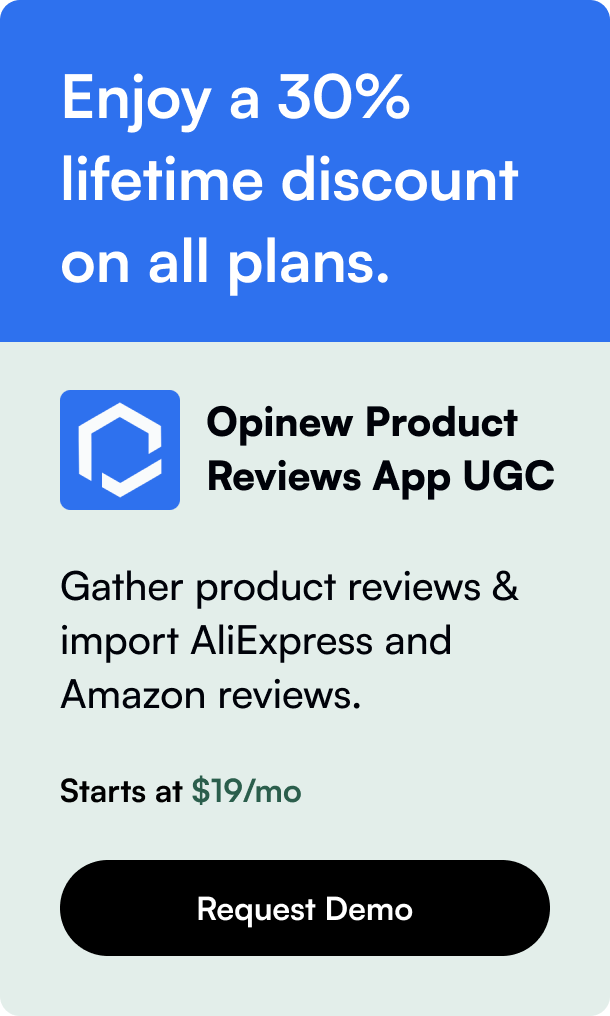Table of Contents
- Introduction
- Weebly vs BigCommerce: Pros and Cons
- Weebly vs BigCommerce: Pricing and Fees
- Weebly vs BigCommerce: Core Features
- Weebly vs BigCommerce: Ease of Use and Customer Support
- Final Verdict
- FAQs
Introduction
Choosing the right eCommerce platform can be the pivotal factor for the success of your online business. For small businesses, ease of use and affordability are critical, while larger companies might prioritize scalability and advanced features. Two prominent contenders in this space, Weebly and BigCommerce, cater to different segments of the market. While Weebly is known for its user-friendly interface and affordability, BigCommerce is recognized for its robust set of features and scalability.
In this comparative analysis, we will delve into Weebly and BigCommerce, explore their pricing models, core features, and usability, and provide insights into their advantages and disadvantages. By the end of this blog post, you’ll have a comprehensive understanding of which platform might be best suited for your business needs.
Weebly vs BigCommerce: Pros and Cons
Weebly Pros and Cons
Pros
- User-friendly Interface: Weebly’s drag-and-drop editor makes it incredibly intuitive, even for those who lack technical expertise.
- Affordability: With a “free forever” plan and affordable paid plans, Weebly offers great value, especially for small businesses.
- Decent eCommerce tools: It includes features like unlimited products, inventory management, and automatic tax calculation.
Cons
- Limited Scalability: As your business grows, Weebly’s features might fall short, necessitating a potential migration to a more advanced platform.
- Payment Gateway Restrictions: PayPal integration and other advanced eCommerce features are available only on higher-tier plans.
- Basic SEO and Marketing Tools: Weebly’s SEO and marketing tools are functional but not as advanced compared to other platforms.
BigCommerce Pros and Cons
Pros
- Highly Scalable: BigCommerce is designed to handle high volumes of sales and large inventories, making it ideal for growing businesses.
- Advanced eCommerce Features: From omnichannel selling to powerful inventory management, BigCommerce offers a broad spectrum of advanced features.
- No Transaction Fees: Unlike many competitors, BigCommerce does not charge transaction fees, regardless of the plan.
Cons
- Complex for Beginners: BigCommerce has a steeper learning curve, which might be daunting for new users.
- Higher Cost: Starting at $39 per month, BigCommerce is generally more expensive than Weebly, particularly for small businesses.
- Sales Limits: Each plan comes with an annual sales cap, requiring an upgrade if you exceed the limit.
Weebly vs BigCommerce: Pricing and Fees
Pricing is one of the key differentiators between Weebly and BigCommerce. Weebly stands out with its free plan, which includes basic eCommerce functionalities like a shopping cart and the ability to sell unlimited items. Its paid plans range from $10 to $26 per month, offering additional features such as custom domains, unlimited storage, and advanced eCommerce analytics on the higher-tier plans.
BigCommerce, on the other hand, lacks a free plan but does offer a 15-day trial. Paid plans start at $39 per month (Standard plan) and go up to $399 per month (Pro plan), with an enterprise option available for larger businesses. Despite its higher cost, BigCommerce doesn’t charge transaction fees and includes a variety of advanced tools such as omnichannel selling and international commerce capabilities.
Overall, while Weebly is more budget-friendly, BigCommerce provides more functionalities, particularly for scaling businesses.
Weebly vs BigCommerce: Core Features
Both platforms offer essential features tailored towards different user needs. Let’s break down these core features.
Website Building and Design
- Weebly: Designed for simplicity, Weebly offers a drag-and-drop editor that anyone can use without coding knowledge. It provides a selection of templates suitable for various industries, including eCommerce, portfolios, and blogs.
- BigCommerce: While BigCommerce also offers a range of templates, its design capabilities are far more advanced. Users can delve into CSS and HTML for deeper customization, create global widgets, and tailor product category sections, making it a better fit for eCommerce-specific sites.
eCommerce and Selling Features
Weebly:
- Affordability: Weebly provides robust eCommerce tools considering its pricing, supporting unlimited products, inventory management, automatic tax calculations, and delivery options.
- Payment Gateways: Advanced payment options like PayPal are restricted to higher-tier plans.
- User Experience: Integrated shopping cart with user-friendly features like filtered searches.
BigCommerce:
- Advanced Features: From discount transaction rates via PayPal partnerships to extensive inventory management.
- Omnichannel Selling: Integration with marketplaces and social media platforms, along with point-of-sale solutions.
- Detailed Customizations: Allows granular changes to product pages, supports selling physical and digital products, and offers solutions for B2B and wholesale markets.
Marketing Tools and Analytics
- Weebly: Offers basic marketing tools, including pop-ups, lead forms, and Instagram feed integrations. While it includes blogging features and supports SEO, it’s somewhat limited in its capabilities.
- BigCommerce: Far more superior in terms of SEO optimization and advanced analytics. Features include custom dashboards, comprehensive reports on customer data, and superior marketing integrations.
AI Capabilities
- Weebly: Lacking in native AI functionalities, although third-party AI tools can be integrated via the Weebly marketplace.
- BigCommerce: Emerging as a leader with its “Big AI” toolkit, featuring content generation, predictive analytics, personalized recommendations, and more. The platform also supports AI-powered search functionalities aimed at enhancing user experience.
Integrations and Apps
- Weebly: Offers around 100 apps in its App Center, covering essentials like marketing and analytics.
- BigCommerce: Provides over 850 apps, covering a wide array of needs, including point-of-sale management, fulfillment, and marketing. The platform’s open API options also allow for advanced automation and integrations.
Weebly vs BigCommerce: Ease of Use and Customer Support
Ease of Use:
- Weebly: Known for its simplicity, perfect for beginners who want to get up and running quickly.
- BigCommerce: Offers a more complex set of features that require a steeper learning curve but ultimately provide greater control and customization.
Customer Support:
- Weebly: Offers support through forums, chat, and email, with 24/7 availability on higher plans.
- BigCommerce: Provides more comprehensive support, including phone support on all plans, along with a vast array of online resources and a supportive community.
Final Verdict
Small Business
If you’re a small business or a solo entrepreneur seeking an affordable, straightforward solution to kickstart your online store, Weebly is likely the better option. It offers sufficient eCommerce tools, ease of use, and affordability, making it perfect for those with a limited budget and fewer technical skills.
Growing Business
For businesses with aspirations to scale and a need for advanced features, BigCommerce stands out as a superior choice. Its extensive eCommerce functionalities, AI capabilities, better SEO and marketing tools, and robust customer support make it a go-to platform for growing businesses that can invest more upfront.
FAQs
1. Can I start with Weebly and switch to BigCommerce later?
Yes, it is possible to start with Weebly and switch to BigCommerce as your business grows. However, migrating data can be complex and might require technical assistance.
2. Is there a free trial available for BigCommerce?
Yes, BigCommerce offers a 15-day free trial to explore its features before committing to a paid plan.
3. Do both platforms support SEO?
Both platforms offer SEO tools, but BigCommerce provides more advanced options, allowing for better customization and optimization compared to Weebly.
4. Can I integrate third-party apps with both platforms?
Yes, both Weebly and BigCommerce support third-party app integrations. BigCommerce offers a larger selection with more advanced app capabilities.
5. Which platform offers better customer support?
BigCommerce offers more comprehensive customer support, including 24/7 phone support on all plans, whereas Weebly provides 24/7 support primarily via chat and email on higher-tier plans.







